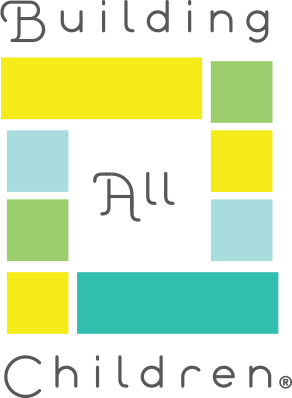
Symbolic play is so important in a child’s development. As a child shifts from infancy to early childhood, their mental development begins to change through what we know as pretend play. Children at this point begin to treat one thing as if it were another. For example, in this picture this child is pretending to feed her baby by using a marker, but in her mind it is a bottle. Children will often use a block as a phone and, yesterday in our office, a little girl was using a spoon from the play kitchen as a pencil. Children begin to give names and character traits to inanimate objects and make up environments to accommodate the world they are forming through their imagination.
Children live by example so often times they tend to model what they see in their environment whether that be through parents, siblings, peers and/or the media. Children have a tendency to act out actions they see others do. For example, children will pretend to talk on the phone and they will walk around while they are talking. Or, they will often pretend to build by using the play tools the way they see their parents use the tools. We even had a little girl that was building right beside her brother and they both were using the tools and using symbolic play with the tools. It is important to understand how important pretend play is in children, and how they need time to have unstructured play so their imagination leads the play. Imagination play allows the child to build their language skills, independence skills, social skills and their cognitive skills.
